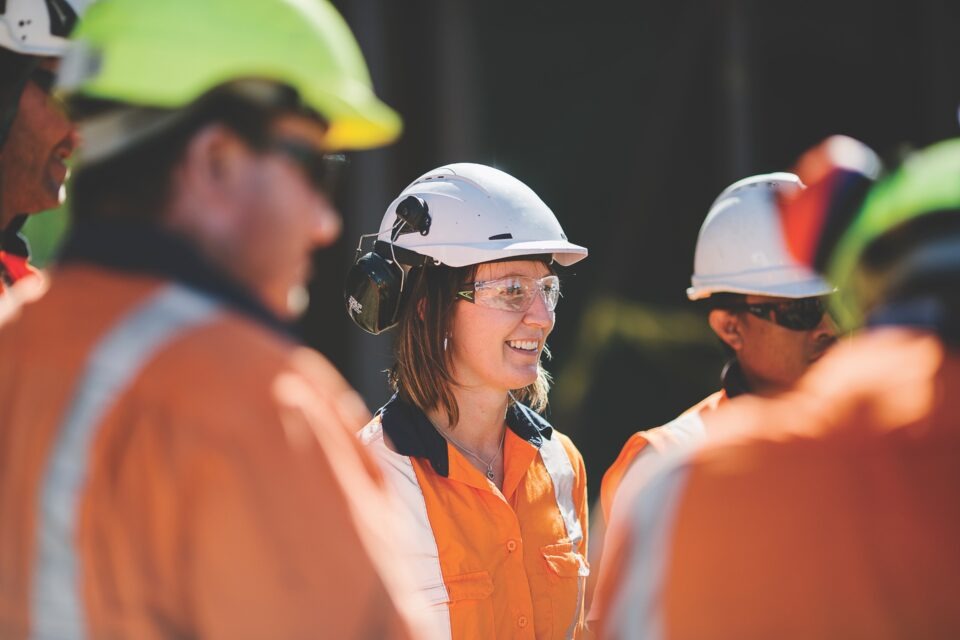As a country, I think we need to get back to a clear and funded program for infrastructure that is agreed upon by all relevant parties. By Alan Pollard, CEO, CCNZ.
It is already mid-January, and holidays are becoming a distant memory, but I hope that you and your loved ones managed to have a restful and relaxing break. 2024 is shaping up to be a challenging year.
An article on the Stuff website by Infometrics Chief Forecaster Gareth Kiernan caught my eye over the holidays. Under the heading What’s going wrong with our infrastructure?, he tracks infrastructure investment curve back to the 1970s and talks of the risk of our infrastructure falling short of first world status, and the obvious need for a longer-term vision to support getting stuff built.
I couldn’t agree more. Hundreds of millions of dollars are being spent on consultants and promises made during budget and election cycles, often with a lot of public debate, but without any physical construction taking place.
During the term of the last government and the transition to the new Government, our association has argued strongly for a change of approach to how we plan and fund our increasing infrastructure investment needs. My view is that any plan should transcend election cycles. Wouldn’t it be great if the practical needs of our communities were put first, rather than priorities based on political ideology and preference?
The state of our water assets is a case in point. Our water and sewage is leaking so quickly from ageing systems that we are under water restrictions, boil water notices and no-swim notices in several cities and town. But, so far, the discussion has not made it to any practical level. Our political masters have muddied the water with arguments about co-governance, who pays for what, and even what to call water reforms, rather than focusing on how to construct, maintain and operate the water network as well as possible. In the meantime, communities suffer. It’s just not good enough.
It is past time to put political biases and ideologies aside and focus on what the community needs and how it will be delivered. The Infrastructure Commission produced an excellent 30-year strategy, but what cross party support and commitment it has is unclear, so there’s a risk its application may become academic. This would be a shame for our industry, because without better clarity and a longer-term focus, our members cannot commit to investing in the people, technology, and equipment to deliver that infrastructure.
Already we are seeing massive rates increases across the country, often with little or no return to rate payers. It’s not sustainable; we don’t have the population base to support it, and we need to look to alternative methods of infrastructure funding and financing if the infrastructure deficit is to be addressed.
Gareth Kiernan also highlighted the need for better coordination between parties – “central and local government, private investors, and constructors”. During the previous Government’s term there was a strong “government knows best” mentality from politicians and officials, which saw contractors (the experts in delivery of critical infrastructure) largely excluded from planning and design discussions. The waste from this lack of engagement (for example through the need to correct poor design or insisting on bespoke design when existing designs would work just as well), has been huge.
Nor did the previous government engage with industry in any meaningful way. Despite high hopes from the change in governments, I am concerned the new Government may be heading down the same path.
The decision to disestablish Workforce Development Councils is an example of this. I had hoped that, before making any final decision, the Minister would consult with the ‘customers’ of the WDC. But, that has not happened and, despite a unified approach from the country’s construction associations, we now face losing the one aspect of the RoVE reforms delivering real and tangible value to industry – far beyond what polytechs and ITOs ever did, without consultation with those who are most impacted.
Finally, as a taxpayer and rate payer myself, a lack of accountability for poor decision making or inaction at central and local government level frustrates me. It seems some officials can rest easy in the knowledge ratepayers or taxpayers will always be left to pick up the tab for the wastage that comes from poor decisions (or lack of decisions).
Many councils around the country are lifting local body rates by 20 percent or more, but the conversation has been focused on what the increase in rates is needed for rather than why councils have found themselves unable to fund infrastructure upgrades or maintenance in the first place.
More transparency is needed from local and central government to ensure ratepayers and taxpayers are receiving the best value for money, that the best and highest quality decisions are being made on their behalf, and that those who fail to achieve minimum standards of performance are held accountable for their actions (or inactions).
So, what do we need as a country? I think we need to get back to what the CCNZ has been advocating for – a well-defined and fully funded programme of capital and maintenance infrastructure works, developed and agreed in partnership with the relevant stakeholders (including the constructors), and spanning a time period more appropriate for intergenerational asset development.
This will take a paradigm shift in thinking, but, if we don’t get this right our status as a first world economy will be severely compromised. To quote Gareth’s column: “Civic leaders will need to make tough calls, but the decisions shouldn’t really be that difficult. Do you put money into critical infrastructure that is failing around us?
“Or invest in vanity projects or propping up private business? It’s hard to fathom why anyone would invest in a new home movie setup if their shower was flooding the bathroom – the same principle applies at a civic level.”


Parting words from Jeremy Sole- a final column